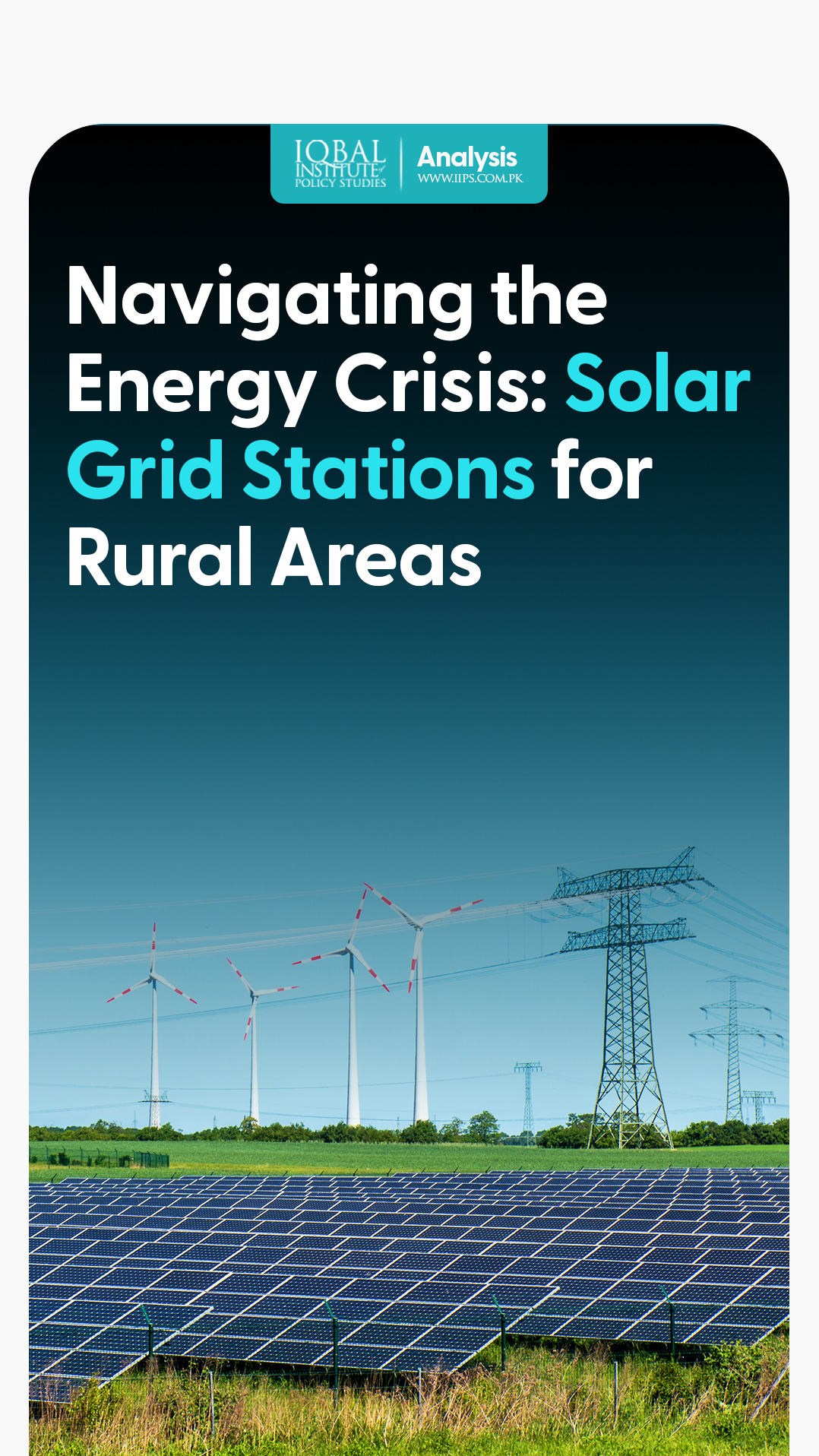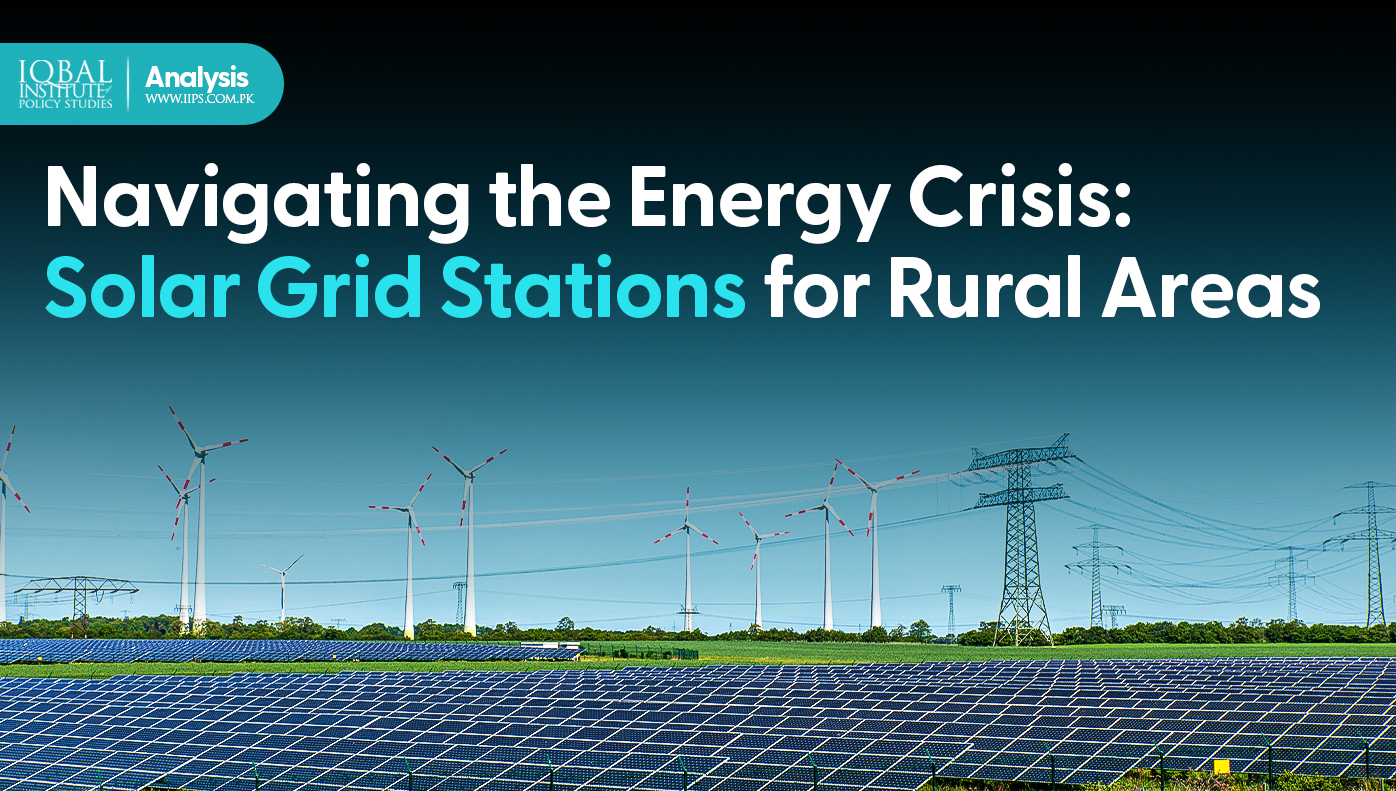The socio-economic development of any country depends largely on its energy sector. Global energy demand is rising due to the growing population, increase in usage, and technological advancements. However, the supply is insufficient to meet the ascending energy demand throughout the world.
Energy resources can be categorised into renewable and non-renewable. At present, Pakistan is undergoing a critical deficit of energy due to a sharp increase in demand and faltering supply. The deficit is not only impacting urban life, but its effects are also showing on rural life and agriculture. Farm households are incapable of irrigating land on time, resulting in planting delays and adversely affecting farm productivity and the well-being of agricultural households.
Pakistan is highly dependent on the import of fossil fuels for power generation including oil and natural gas. The process of power generation from nonrenewable resources is quite an expensive process to harness domestic energy needs. The total power generation capacity of Pakistan in 2021 reached 37,261 MW. This was 33,452 in 2019 and 25,178 MW in 2016 (SAARC Energy Outlook 2030 Report). Globally, the share of renewable energy resources has been increasing in the energy mix for producing electricity. Despite such huge renewable potential available, this share is yet negligible in Pakistan due to the use of fossil fuels for electricity generation.
Given the importance of renewable resources, the Government of Pakistan and energy planners are giving priority to domestic energy generation opportunities to achieve affordable and sustainable electricity goals. Recently, the Sindh Government has announced the establishment of mini solar grid stations in rural areas of the province to provide access to electricity. However, an increase in the share of renewable energy from 0.3% to 5.36% has been noticed from 2015 to 2021 in the energy mix for power generation (ITA,2022).
Promoting renewable energy resources for power generation has become the government’s top priority due to their significant role in ensuring a pollution-free environment. Additionally, the utilisation of natural domestic energy assets paves way for community development and prosperity in the country.
To read more insights, please visit Daily Insights



Leave a Reply